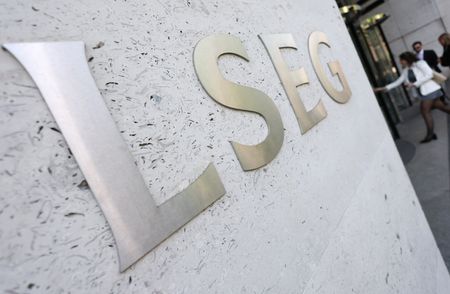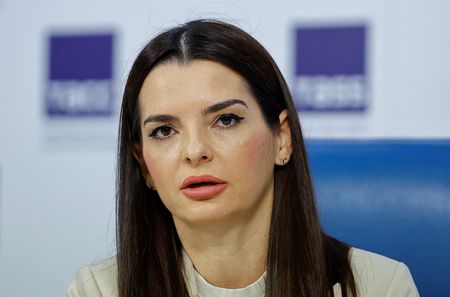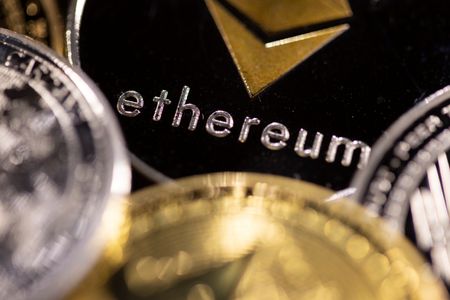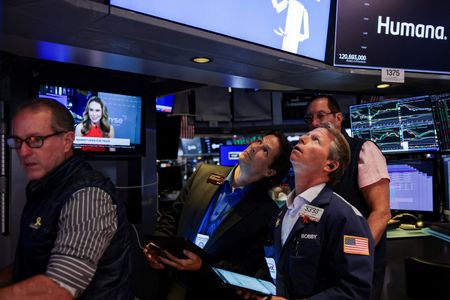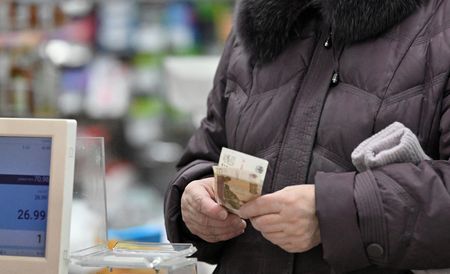LONDON (Reuters) -Business activity in the euro zone grew at a slightly faster pace in July than in June but remained sluggish as demand dipped, a survey showed on Tuesday.
The HCOB Eurozone Composite Purchasing Managers’ Index, compiled by S&P Global, edged up to 50.9 in July from 50.6 in June, just below a preliminary estimate of 51.0.
PMI readings above 50.0 indicate growth in activity while those below point to a contraction.
July’s reading marked a four-month high but was still below the survey’s long-term average of 52.4, reflecting persistent weakness in the 20-country currency bloc.
Services activity expanded at a slightly faster rate with the sector’s PMI climbing to 51.0 from 50.5 in June.
“This could turn out to be a good summer for service providers. In Italy and Spain, business activity rose more sharply in July than in the previous month, while Germany, after several challenging months, has clawed its way back into growth territory,” said Cyrus de la Rubia, chief economist at Hamburg Commercial Bank.
Overall new orders remained virtually unchanged, continuing a trend seen in June, while export sales contracted for the 41st consecutive month, acting as a persistent drag on growth. The composite new business index nudged up to 49.8 from 49.7.
Among the bloc’s largest economies, Spain led the way with the strongest expansion, followed by Italy. Germany, the region’s biggest economy, recorded only modest growth, however.
France was the only major euro zone economy to contract, with its PMI falling from the previous month, marking the 11th straight month of decline.
Despite sluggish demand, the bloc’s firms added jobs for a fifth consecutive month in July. The pace of job creation, while still modest, reached its fastest rate in over a year.
Business confidence dipped for the first time since April, falling further below its long-term average as sentiment weakened across both manufacturing and services sectors.
Cost pressures eased to their lowest level since October last year, primarily driven by the services sector, while output price inflation increased marginally to a three-month high. The services input prices index fell to 56.5 from 58.1.
“Inflation is easing in the euro zone’s services sector, increasing the likelihood of one further interest rate cut by the European Central Bank in the second half of the year,” de la Rubia added.
The ECB left interest rates unchanged in July but is expected to make one further cut this year, according to a July Reuters poll.
(Reporting by Jonathan Cable; Editing by Hugh Lawson)



